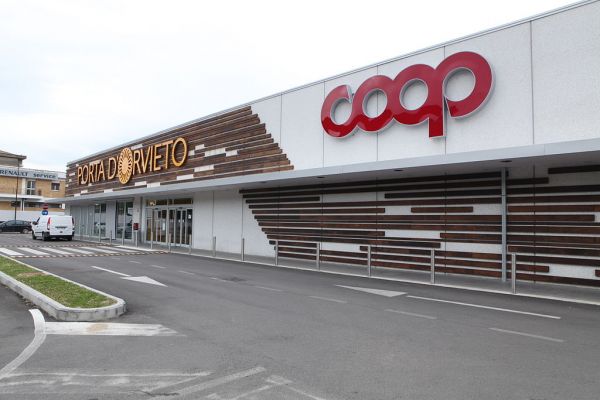Coop Denmark has turned down the temperature in all of the group's stores and at its head office in Albertslund to limit the increase in energy bills and reduce energy consumption.
The Danish retailer aims to set the temperature at 19 degrees across its operations, down from the current setting at 21 degrees.
Energy Costs
Coop Denmark has also set up an internal group to come up with more proposals to reduce energy consumption across the company.
Allan Kristoffersen, Coop Denmark CEO, has said, "Like everyone else, we are hard hit by rising electricity prices. With over 1000 stores, warehouses and offices, we expect our total electricity bill in the Coop family to increase by up to 500 million DKK (€67 million) this year. That's not money we can all put on the price of goods. Therefore, we have to do something significant to save."
The reduction in temperature comes after Coop removed over 2,000 coolers in stores in recent weeks.
Coop Denmark Energy-Saving Measures
Since 2016, the chain has launched a number of extensive energy-saving projects, including replacing all light sources.
An energy management system has been implemented and solar cells have been installed on the rooftops of several stores.
So far, the retailer has been able to reduce energy consumption by around 20%.
"We have set up an interdisciplinary working group with representatives from the stores and service office to come up with a catalogue of other ideas to reduce energy consumption. The proposal for temperature reduction comes from this group and will result in savings of DKK 5-6 million (€700,000-€800,000) for the group," added Nicki Pagh Børgesen, energy manager at Coop Denmark.
Elsewhere, Coop is setting up solar cell plants, making better use of surplus heat, and other long-term investments, which are expected to reduce energy consumption by a further 10% by 2025.
© 2022 European Supermarket Magazine – your source for the latest retail news. Article by Conor Farrelly. Click subscribe to sign up to ESM: European Supermarket Magazine.











